Category: Diabetes Research News
-

Fighting Diabetic Kidney Disease by Targeting Inflammation: A New Approach from Dr. Carmen De Miguel
When most people think about type 1 diabetes (T1D), they often focus on blood sugar control. But over time, T1D can cause complications that extend far beyond glucose levels—including serious […]
-
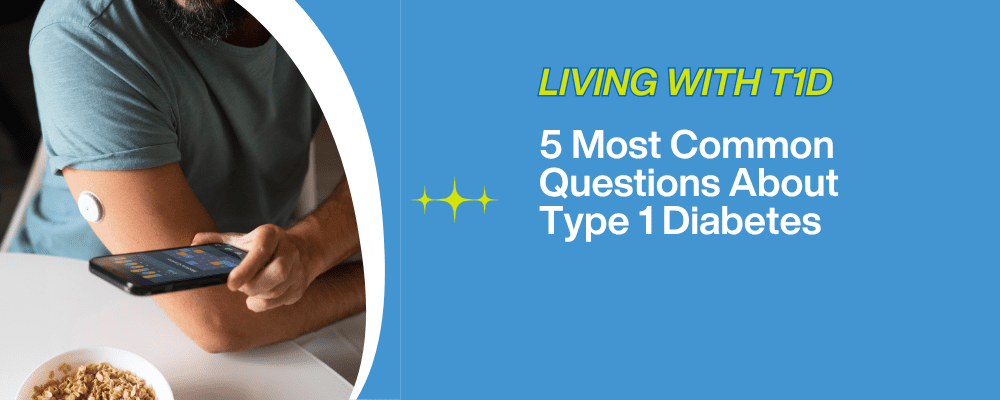
Facing Type 1 Diabetes? These 5 Answers Could Change Your Life
Type 1 diabetes (T1D) is often misunderstood, even though millions of people around the world live with this autoimmune condition every day. Whether you’ve just been diagnosed, know someone with […]
-
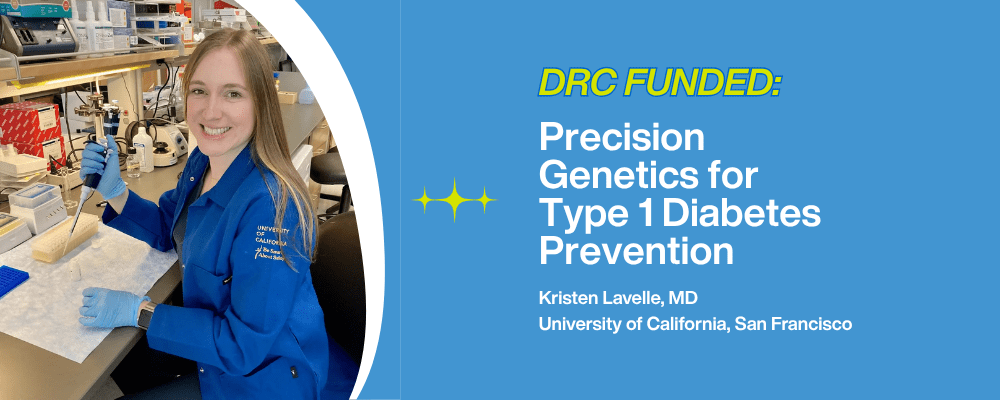
Can We Use Genetics to Prevent Type 1 Diabetes? Dr. Kristen Lavelle Thinks So.
At Diabetes Research Connection (DRC), we’re not just funding research—we’re fueling bold ideas that could transform how we understand, treat, and prevent type 1 diabetes (T1D). One of those bold […]
-

Understanding the Science: A Beginner’s Guide to T1D Research Terminology
Whether you’re newly diagnosed, a donor passionate about finding a cure, or just curious about the science behind type 1 diabetes (T1D), the terminology can be overwhelming. At Diabetes Research […]
-

Securing the Future of Type 1 Diabetes Research in Uncertain Times
In recent months, national conversations around federal budgets and healthcare spending have raised important — and sometimes difficult — questions about the future of biomedical research funding, including for type […]
-

More Than Blood Sugar: Addressing the Mental Health Burden of Type 1 Diabetes
May is Mental Health Awareness Month, a time to shine a light on emotional well-being. For those living with type 1 diabetes (T1D), the effect on mental health can be […]
-

Early Signs and Symptoms of Type 1 Diabetes: What You Need to Know
Early detection of Type 1 diabetes (T1D) is key to management and prevention of complications. Since T1D can develop fast, recognizing the symptoms early can mean timely diagnosis and treatment […]
-
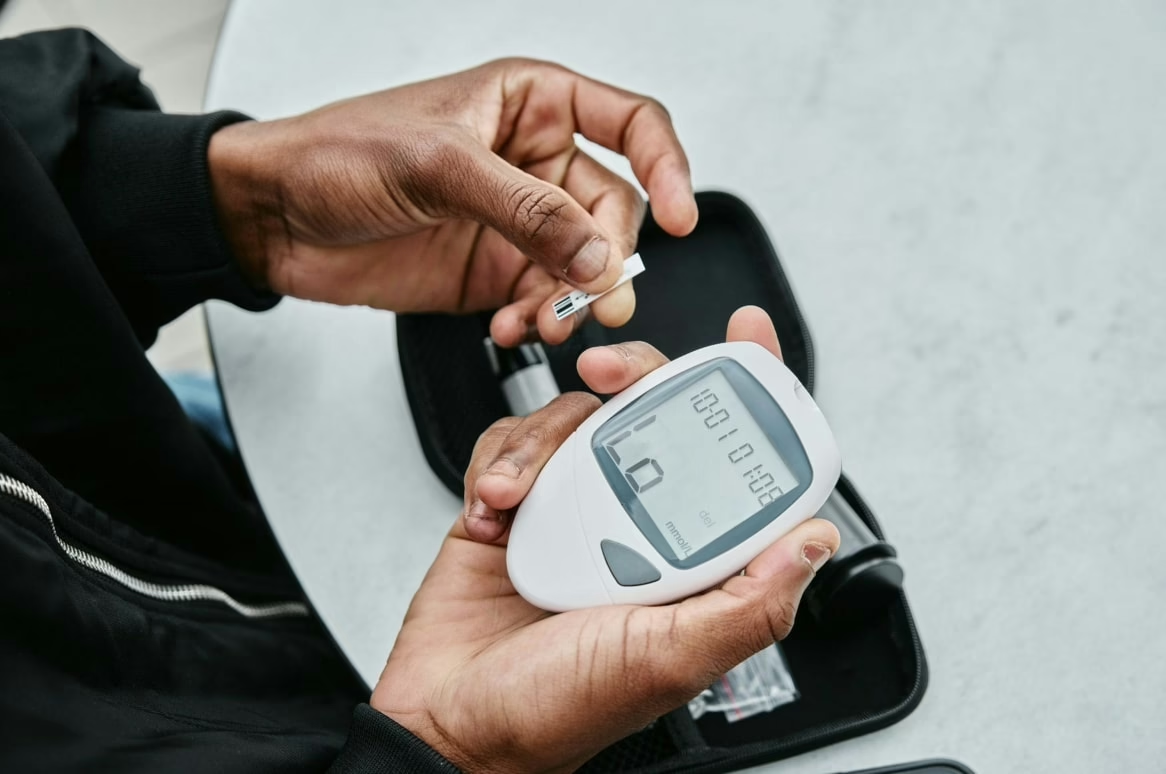
Environmental Triggers of Type 1 Diabetes: Understanding the Role of External Factors
Type 1 diabetes (T1D) is an autoimmune disease where the immune system attacks the insulin producing beta cells in the pancreas. While genetics play a big role in determining your […]
-
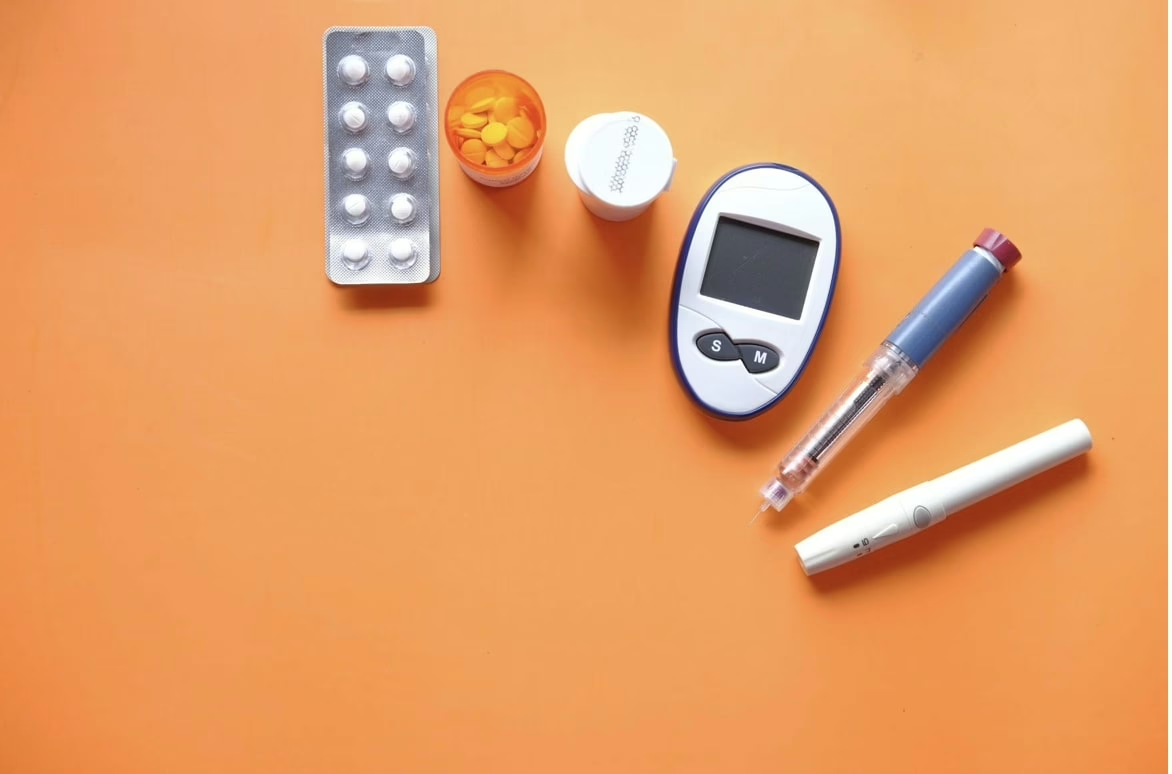
Understanding Type 1 Diabetes: What You Need to Know
Type 1 Diabetes (T1D) is a chronic condition that affects millions of people worldwide, yet it’s often misunderstood. Whether you’re newly diagnosed, a caregiver, or someone looking to learn more […]
-
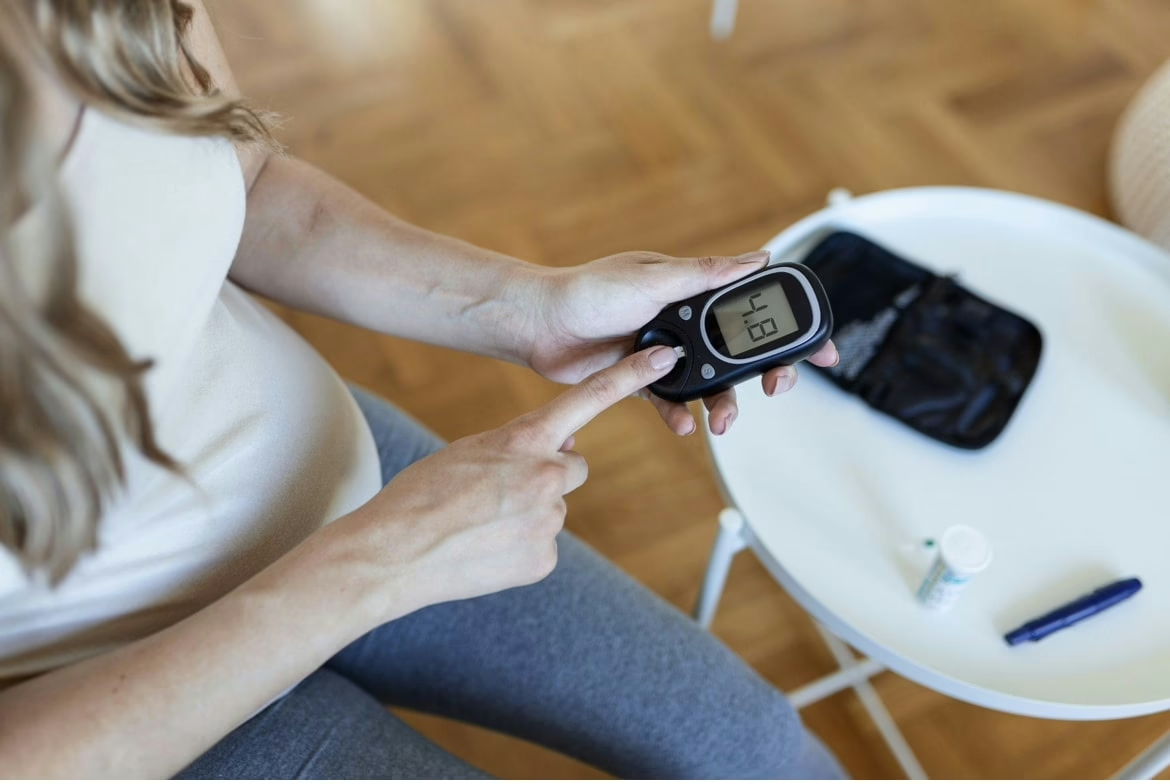
Understanding the Causes and Risk Factors of Type 1 Diabetes (T1D)
Type 1 Diabetes (T1D) is an autoimmune disease that affects millions of individuals worldwide. Unlike Type 2 Diabetes, which is often linked to lifestyle choices, Type 1 Diabetes is a […]
-

New ICD-10 diagnosis codes for pre-symptomatic or Stage 2 type 1 diabetes (T1D) – a big step forward in T1D healthcare!
Progress made in T1D science has led to the ability to identify T1D early – before being symptomatic and before insulin is required (referred to as Stage 2 T1D). Identification […]
-
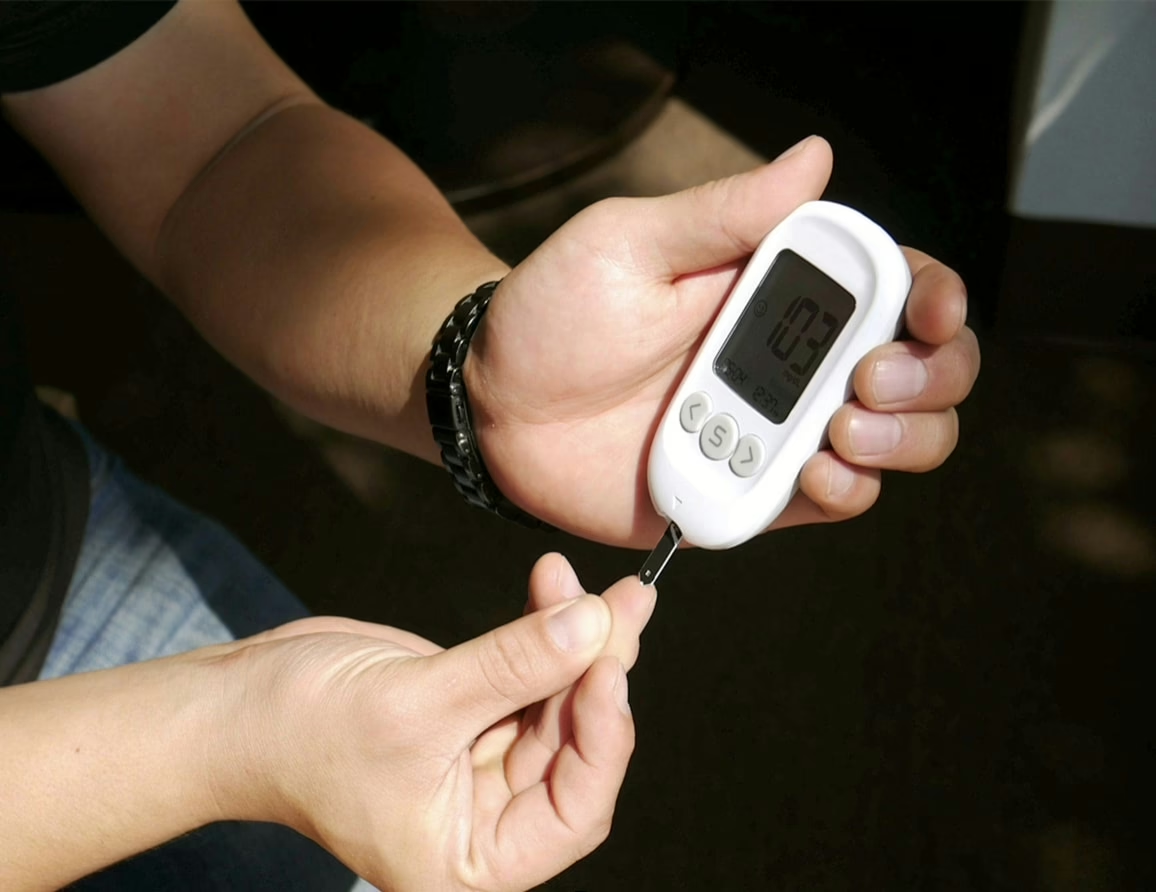
Age and Gender Factors in Type 1 Diabetes: How They Influence Management and Health Outcomes
Type 1 Diabetes (T1D) is a chronic autoimmune condition that requires continuous management and adaptation, but did you know that age and gender can play significant roles in how individuals […]
